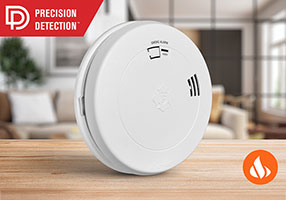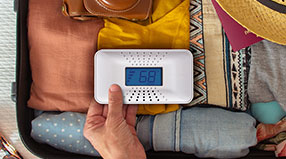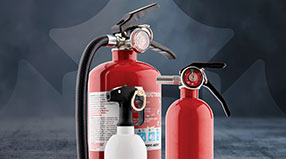Water Test Kits FAQ
What does the Drinking Water Test Kit test for?
The Drinking Water Test Kit tests to EPA standards for 8 common contaminants - bacteria, lead, pesticides, nitrates, nitrites, chlorine, hardness, and pH.
Reasons to have your water tested:
- You live near a dump, landfill, factory, or dry cleaning operation: Test for volatile organic compounds (VOCs), pH, total dissolved solids, chloride, sulfate, and metals.
- You live near an old underground storage tank or your water smells like gasoline: Test for petroleum components and volatile organic compounds.
- You live near a mining operation: Test for iron, manganese, aluminum, corrosivity, and pH.
- You live near a gas-drilling operation: Test for chloride, sodium, barium, and strontium.
- You live near seawater or a heavily salted roadway and your water tastes salty: Test for chloride, total dissolved solids, and sodium.
- You live in an area of intensive agriculture: Test for pesticides commonly used near the well, bacteria, nitrate, pH, and total dissolved solids.
- You are expecting a new baby: Test for nitrate early during pregnancy and just after the baby is born.
- You are planning to purchase a new home and wish to evaluate the water quality: Test for coliform bacteria, nitrate, lead, iron, hardness, pH, sulfate, total dissolved solids, corrosivity, and other parameters depending on the proximity to potential contamination sources.
Our Water Test Kit will determine the quality of the water in your house and your drinking water.
Signs that you need to have your water tested:
- Your water leaves scaly residue and soap scum and decreases the cleaning action of soaps and detergents: Test for hardness. If a water softener is needed to treat hard water, test for iron and manganese, which decrease the efficiency of cation exchange softeners, before purchasing treatment equipment. Test for lead after purchasing a water softener.
- Your water appears cloudy, frothy, or colored: Test for color, turbidity, and detergents.
- Your plumbing contains lead pipe, fittings, or solder joints: Test for pH, corrosivity, lead, copper, cadmium, and zinc.
- Your plumbing fixtures or laundry are stained, or plumbing shows signs of corrosion: Test for pH, corrosivity, iron, manganese, copper, and zinc.
- Your water has an odd taste or smell: Test for hydrogen sulfide, pH, copper, lead, iron, manganese, zinc, sodium, chloride, coliform bacteria, corrosivity, and total dissolved solids.
- Family members or guests experience gastrointestinal illness: Test for coliform bacteria, nitrate, and sulfate.
- You wish to monitor the performance of home water treatment equipment: Test for the specific water quality problem being treated at the time of installation, at regular times after installation, and if water quality changes noticeably.
Routine testing of private water supplies should follow these general guidelines:
- Test for coliform bacteria, nitrate, pH, and total dissolved solids (TDS) every year. The best time to test is during the spring or summer following a rainy period. These tests are also recommended after repairing or replacing a well, pump, or plumbing system.
- Test for sulfate, chloride, iron, manganese, lead, and hardness every three years.
Water Test Kit offers:
- Immediate results, no waiting for lab analysis and no extra fees.
- Tests of water quality to EPA standards.
- 2-year limited warranty.



